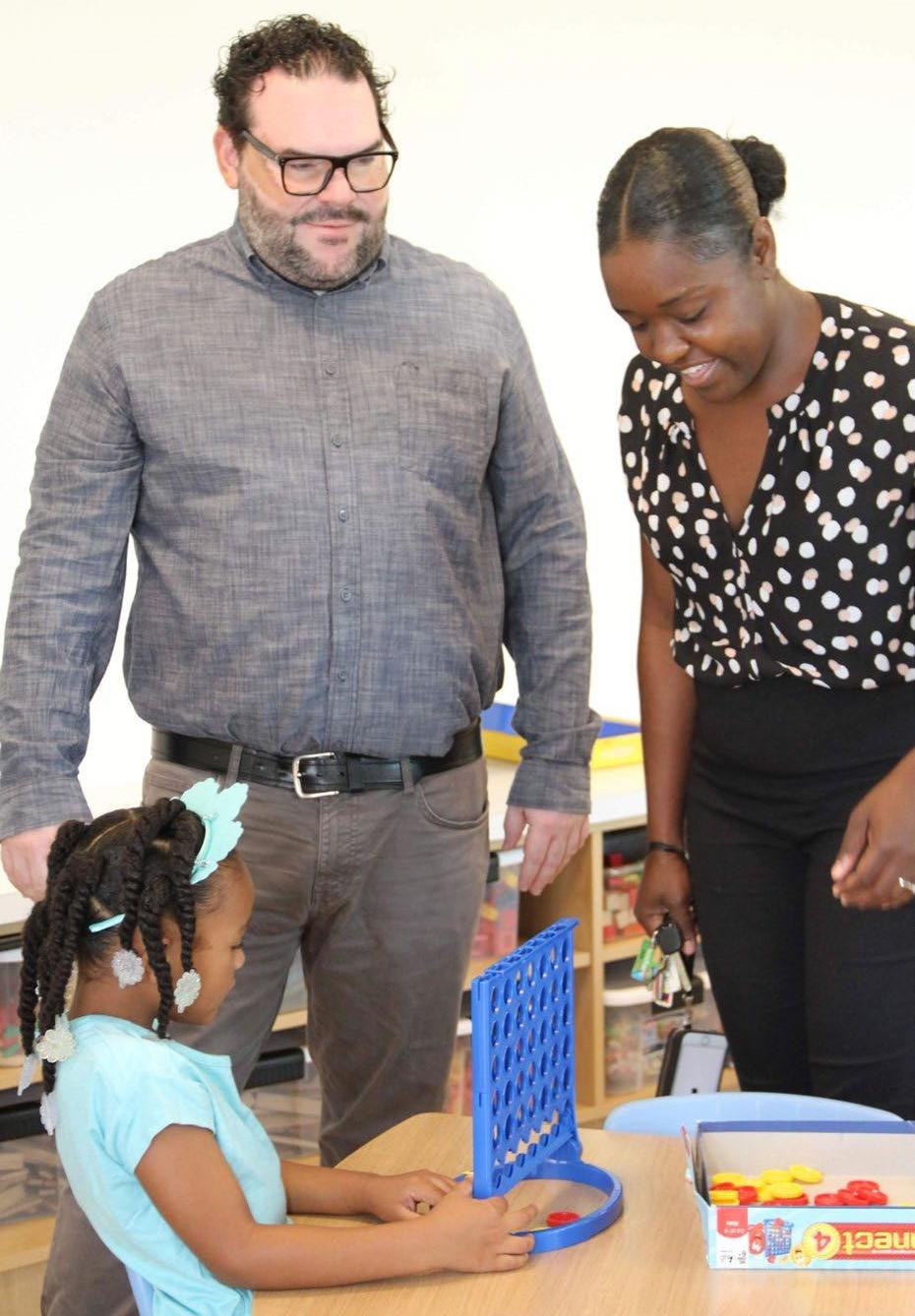Early Childhood Kindergarten Elementary
Early Childhood at The Center for Early Education | Admissions Viewbook 2021-22

Issuu converts static files into: digital portfolios, online yearbooks, online catalogs, digital photo albums and more. Sign up and create your flipbook.









